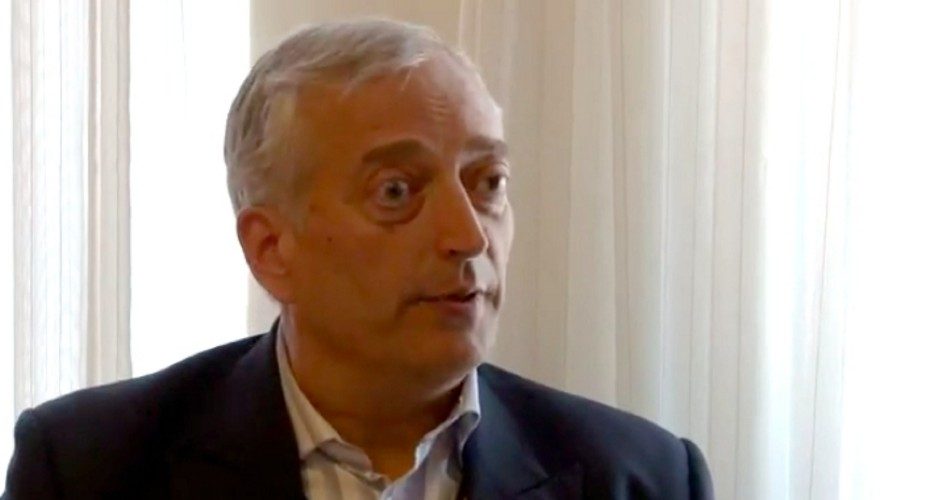
RIO DE JANEIRO — Lord Christopher Monckton told The New American in an exclusive interview Saturday that the United Nations’ Rio+20 conference that concluded the day before was not about saving the planet from environmental devastation or about eradicating poverty. Instead, he said, it was about shackling the planet under a global government. He also optimistically stressed that the “pointy heads here in Rio” have failed despite their declaration of success and that “the game is up.”
Lord Monckton served as policy advisor to Margaret Thatcher when she was Prime Minister of Great Britain. He heads the policy unit of the UK Independent Party and is chief policy advisor to the Washington, D.C.-based Science and Public Policy Institute. He has spoken widely and written extensively to expose the alarmism used to justify global government, saying that the controls envisioned by the UN are unnecessary.
In his interview with The New American, Monckton noted that climate-change alarmism no longer has the appeal it once did, and that the alarmists have therefore backed away from it. “This whole conference right from the start has had the stink of death upon it,” he observed. “The environment is no longer cool. It’s no longer green. It’s no longer fashionable.” He added: “They realized they could no longer bring forward the climate as an excuse, and you barely heard climate change mentioned here. Oh it’s still in the text. It’s still there, but it’s no longer the number one issue.”
But if the discredited climate-change alarmism is no longer the number one issue, what is? Monckton noted: “The beginning paragraph of this [Rio+20] document said that the worst problem facing the world was not climate change but poverty.” He added: “Now that I find myself in agreement with. Poverty is completely unnecessary. It arises almost exclusively from socialism.”
Ironically, though, global socialism is exactly what the would-be managers of the world are offering as the means to end poverty. Of course, global socialism would result in more poverty, not less; and it would also result in the loss of freedom. At Rio+20, Monckton noted, “They were still effectively talking about a mechanization for setting up a global government so that they could shut down the West, shut down democracy, and bring freedom to an end worldwide.”
If the change in emphasis from environmental issues to poverty sounds surprising, it is not, once it is realized that the crusade to save the Earth from environmental destruction really was not about saving the environment. Monckton noted that the modern-day environmental movement has been co-opted by what he terms “the traffic light tendency — the greens too yellow to admit they’re really Reds.”
But despite the strategy shift, Monckton said of the traffic-light Marxists who populated Rio+20: “They lost. They lost, and they lost big time. They of course did the ritual declaration that they succeeded, but they didn’t. I now think there is a good chance the West can survive the environmental movement.”
Indeed there is.
The following YouTube video is a 10-minute segment of our interview with Lord Monckton.



